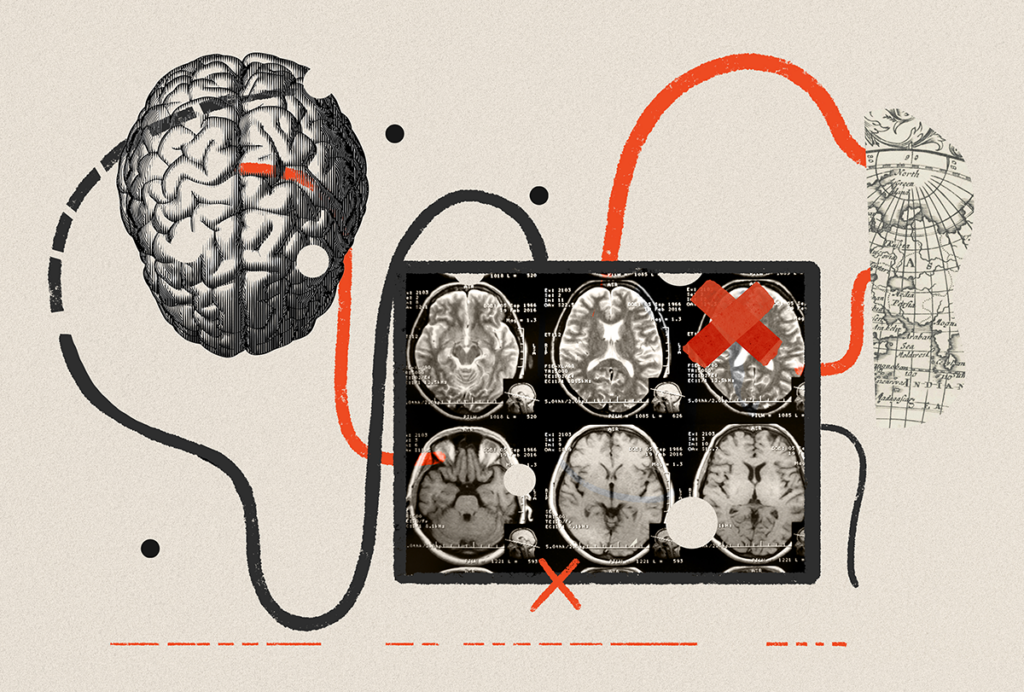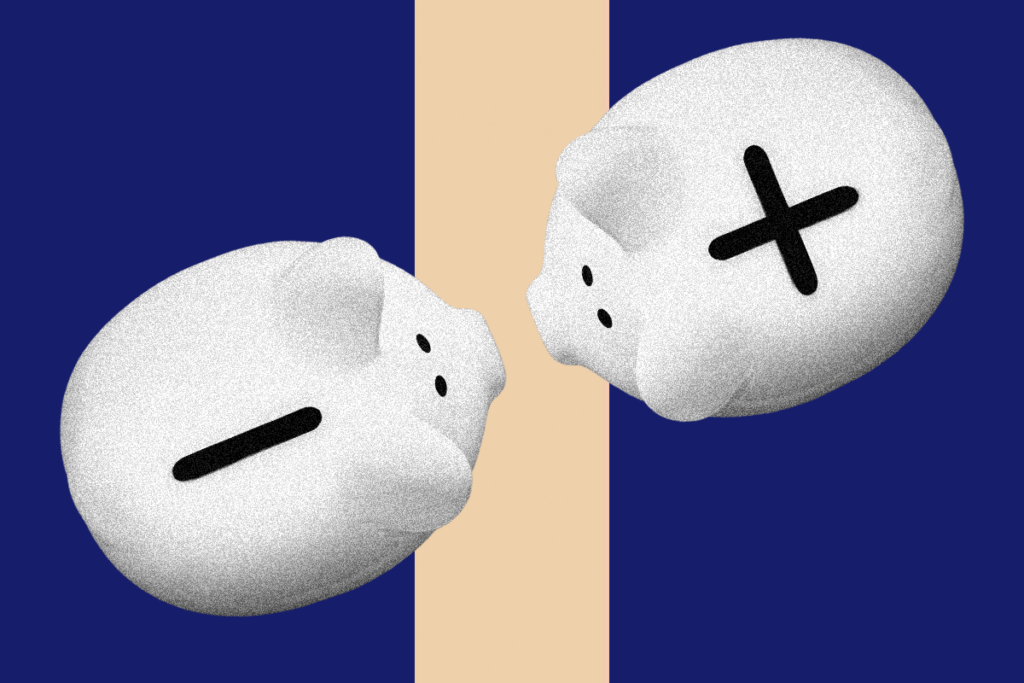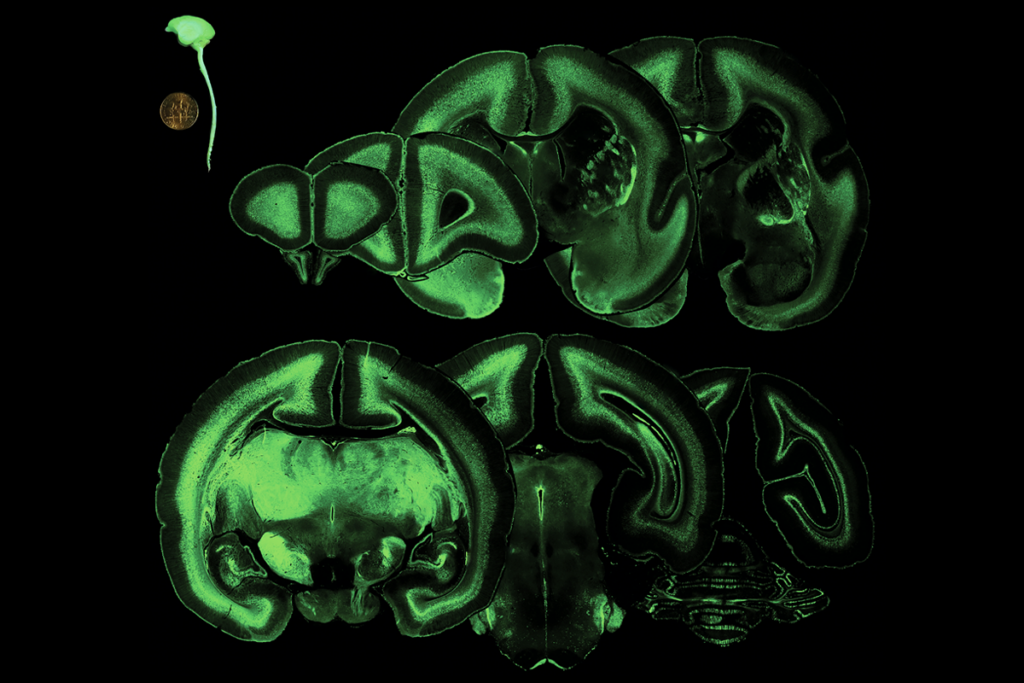Joseph Piven is Thomas E. Castelloe Distinguished Professor of Psychiatry and director of the Carolina Institute for Developmental Disabilities at the University of North Carolina at Chapel Hill. He is also director of the NIH Autism Center of Excellence Network’s Infant Brain Imaging Study (IBIS). He served on the American Psychiatric Association committee that wrote the new definition of autism spectrum disorder for the DSM-5.
Joseph Piven
Professor
University of North Carolina at Chapel Hill
From this contributor
Correcting the record: Leo Kanner and the broad autism phenotype
The specter of the ‘refrigerator mother’ theory continues to haunt the history of autism. New information puts Kanner’s observations of parents into context.

Correcting the record: Leo Kanner and the broad autism phenotype
Explore more from The Transmitter
BRAIN Initiative researchers ‘dream big’ amid shifts in leadership, funding
But whether the initiative’s road map for the next decade is feasible remains an open question.

BRAIN Initiative researchers ‘dream big’ amid shifts in leadership, funding
But whether the initiative’s road map for the next decade is feasible remains an open question.
Neuroscience, BRAIN Initiative gain budget in ‘bad’ NIH funding bill
The bill goes before the House of Representatives today and outlines increases for neuroscience-related research—including a 33 percent increase to the BRAIN Initiative—but maintains a multiyear spending approach that could limit the number of grants awarded overall.

Neuroscience, BRAIN Initiative gain budget in ‘bad’ NIH funding bill
The bill goes before the House of Representatives today and outlines increases for neuroscience-related research—including a 33 percent increase to the BRAIN Initiative—but maintains a multiyear spending approach that could limit the number of grants awarded overall.
Prenatal viral injections prime primate brain for study
The approach makes it possible to deploy tools such as CRISPR and optogenetics across the monkey brain before birth.

Prenatal viral injections prime primate brain for study
The approach makes it possible to deploy tools such as CRISPR and optogenetics across the monkey brain before birth.